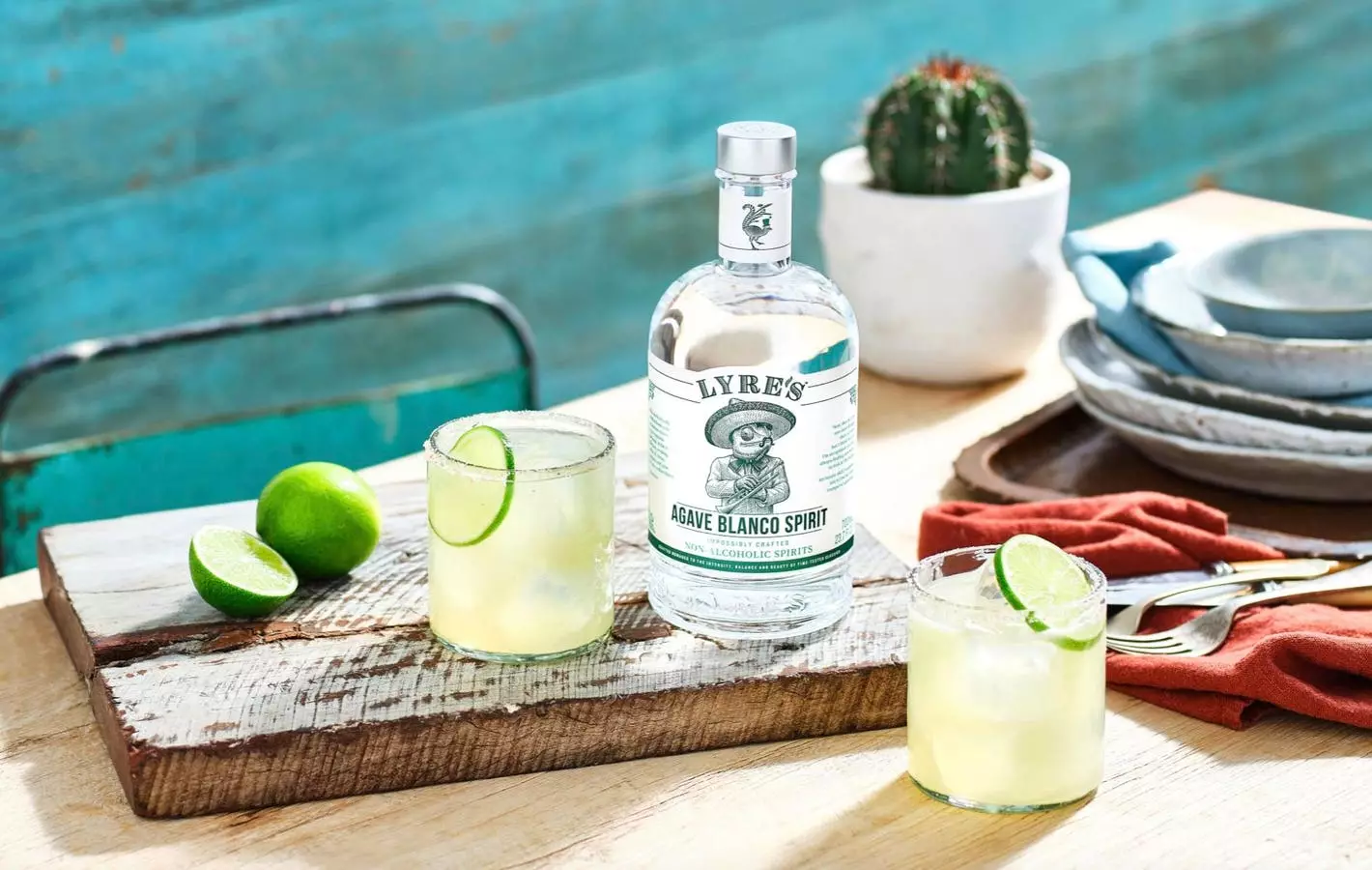In recent years, the phenomenon known as Dry January has come to symbolize a broader cultural movement towards sobriety, wellness, and mindful consumption. Once regarded as a mere internet trend, this initiative encourages individuals to abstain from alcohol for the first month of the year, fostering a sense of collective resolution and self-reflection. Contrary to popular belief, Dry January’s roots can be traced back to World War II-era Finland, where the government advocated for resource conservation and increased productivity during a time of crisis.
Despite its historical background, the formal rollout of Dry January as a recognized campaign occurred in 2013, thanks to a UK-based non-profit organization. The movement swiftly gained traction, eventually spreading to the United States and formally recognizing “Dry January USA®” in collaboration with the Meharry School of Global Health. The significance of this movement extends beyond mere abstention; it serves as a beacon of support for those grappling with their relationship with alcohol.
In tandem with this movement, the landscape of non-alcoholic beverages has experienced a transformative surge, exemplified by brands like Lyre’s Spirit Co. This Australian company, which entered the market in 2019, has established itself as a frontrunner in the non-alcoholic spirits category, boasting a collection of award-winning products. For the third consecutive year, Lyre’s has been appointed as the official beverage of Dry January 2025, signifying a robust partnership that aligns with the initiative’s goals.
Lyre’s has strategically integrated its products into various markets across the United States, promoting social gatherings that celebrate connection without the dependency on alcohol. The brand’s products, including the American Malt and Dry London Spirit, aim to replicate traditional alcoholic experiences, providing consumers with satisfying alternatives that cater to both social and individual preferences.
The surge in popularity of Dry January and non-alcoholic offerings like Lyre’s highlights a significant shift in societal norms surrounding drinking. For many participants, the initiative represents more than an annual cleanse; it embodies a chance for social inclusion and wellness. By ensuring the availability of appealing non-alcoholic options, brands not only contribute to individual wellness but also bolster communal connections.
In addition to providing alternatives, the philanthropic efforts connected with Dry January further enhance its appeal. For instance, during this initiative, Lyre’s has committed to donating a portion of its sales to support research into alcohol’s health impacts within minority communities. This commitment not only increases the movement’s societal relevance but also fosters a conscious culture where wellness and corporate responsibility intersect.
Looking to the future, industry leaders are optimistic about the continued growth of the non-alcoholic space. As consumers become increasingly health-conscious, the exploration into alcohol-free alternatives is likely to expand. Lyre’s CEO David Gimpelson emphasizes that the evolution of this sector transcends mere abstinence; it encapsulates a cultural shift towards curiosity, inclusivity, and enhanced lifestyle choices.
The increasing acceptance of non-alcoholic beverages in social settings challenges historical norms of drinking as a necessary part of socialization. As stated by Gimpelson, “What we’re witnessing is a cultural shift.” This shift denotes a broader reevaluation of drinking habits and a collective move toward embracing various lifestyles, thus promoting a more diverse array of choices for consumers.
The trajectory of Dry January and the burgeoning market of non-alcoholic beverages signify a transformative phase in societal drinking habits. With initiatives like Dry January encouraging mindfulness around alcohol consumption and brands like Lyre’s leading the charge with innovative, flavorful alternatives, the landscape is evolving to accommodate growing demands for inclusivity and wellness.
As we move further into the future, the dialogue around alcohol, health, and community will likely become more nuanced. Dry January represents not just a monthly challenge but a lens through which we can assess our relationships with alcohol and each other—proving that enjoyment of life and social experiences can thrive even without the presence of alcoholic beverages.


Leave a Reply